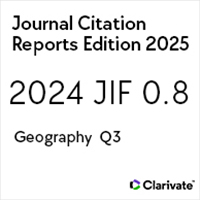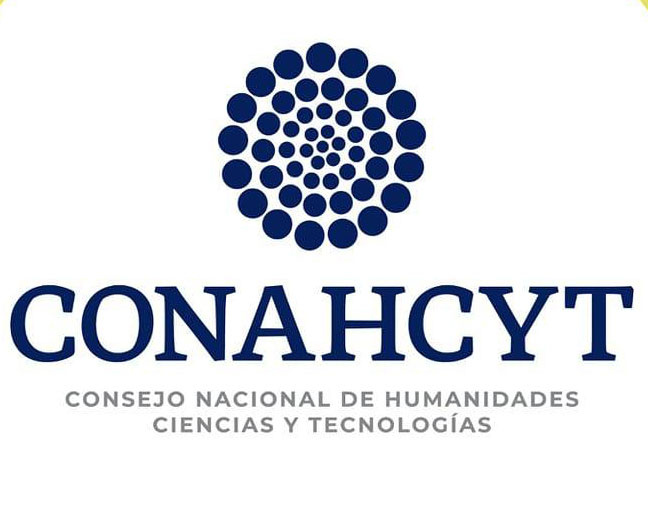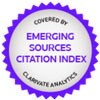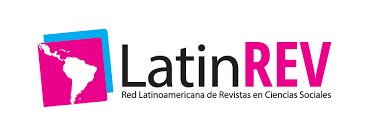Beyond the borderland: Incursion of the State-Nation, NAFTA and external control within the Mexican-American mango industry
Más allá de la frontera: penetración del estado-nación, TLC y control externo en la industria México-Americana del mango
https://doi.org/10.21670/ref.2001.04.a04
Keywords:
Transnational activity, Department of Agriculture, Control and certification of mangoesAbstract
Using the case of the US-Mexico Mango Industry this paper explores the engagement of the nation-state in transnational activity through the activities of the United States Department of Agriculture (USDA). US control and certification of mangos imported into the United States is part of a broader system that includes NAFTA and historic labor immigration inducing new markets for “ethnic products”. This is part of a broader hemispheric system linked to US prerogatives. Although the USDA (like other border agencies) controls the entrance of commodities at the US-Mexico geopolitical border, the encroachment of this agency into Mexico and its offshore control of commodity production and deistribution is not often a subject of investigation. This paper traces the development of the current USDA certification of mangos for US import, focusing on the hot water treatment of mangos and its controlling effects at local sites of production and distribution.Resumen
Al abordar el caso de la industria del mango en México y Estados Unidos, este escrito explora el compromiso que tiene el Estado-nación en la actividad trasnacional a través de las funciones que realiza el Departamento de Agricultura estadounidense, cuya labor de control y certificación de los mangos que son importados a ese país, es parte de un sistema más amplio que incluye al TLC y una ya histórica inmigración de mano de obra que ha inducido a nuevos mercados para “productos étnicos”. Esto, a su vez, es parte de un sistema hemisférico más amplio ligado a las prerrogativas de los Estados Unidos. Aunque el Departamento de Agricultura estadounidense –al igual que otras agencias gubernamentales fronterizas– controla el ingreso de productos agrícolas a la frontera geopolítica entre México y los Estados Unidos, la intromisión de esta agencia en las políticas internas de México y su control fuera de los límites de su territorio en cuanto a la producción y distribución de productos agrícolas, no suele ser un tema de investigación.References
Álvarez, Robert R. (1994). “Changing Ideology in a Transnational Market: Chiles and Chileros in Mexico and the U.S.”, Human Organization 53(3):255-62 DOI: https://doi.org/10.17730/humo.53.3.x12640lq3051u064
(1995). “The Mexican-U.S. Border: the Making of an Anthropology of Borderlands”. Annual Review of Anthropology 24:447-70 DOI: https://doi.org/10.1146/annurev.an.24.100195.002311
(1998). “La maroma or chile, credit and chance: An ethnographic case of middlemen entrepreneurs.” Human Organization 57(1) 63-73. DOI: https://doi.org/10.17730/humo.57.1.8050100254002hv1
Barros-Nock, Magdalena (1998). Small Farmers in the Global Economy. The Case of the Fruit and Vegetable Business in Mexico. Pd.D. Dissertation. Institute of Social Studies, The Hague, The Netherlands.
Collier, George (1995). Basta! Berkeley: Food First.
Cook, Scott (1998). The Mexican Brick Building Industry. Texas A and M Press: Dallas.
Gupta, Akhil y James Ferguson (1996). Culture, Power and Place. Duke University Press: Durham. DOI: https://doi.org/10.1515/9780822382089
Heyman, Josiah Mc (1995). “The Mexico-U.S. Border in Anthropology: a Critique and Reformulation”. Journal of Political Ecology 1(1):43- 65. DOI: https://doi.org/10.2458/v1i1.21156
Kainuma, Koji (1997). Economic Competitiveness of the Western Mango Industry. Unpublished Master of Science Thesis. University of Arizona: Tucson.
McMichael, Philip (1995). “Introduction: Agrarian and Food Relations in the World Economy”. Food and Agrarian Orders in the World- Economy, P. Mc Michael, ed. Pp. 1x-xvi. Greenwood Press: Westport, Conn.
Stanford, Lois (1994). “Transitions to free trade: Local impacts of changes in mexican agrarian policy”. Human Organization DOI: https://doi.org/10.17730/humo.53.2.m611363541661v71
(2):99-109.
(1998). “Farmer Organizations in the Global Economy: Examining the Restructuring of Michoacan´s Avacado Industry”. Presentado en: the Latin American Studies Association, International congress. Chicago. 1998
Tropical Produce Marketing News (1996). U.S. Mango Imports Keep Setting Records. Website, April-May.
Wells, Meriam J. (1996). Strawberry Fields. Politics, Class and Work in California Agriculture. Cornell University Press: Ithaca.
Wilson, Thomas M. y Hastings Donnan (1998). Border Identities. Nation State at International Frontiers. Cambridge University Press: Cambridge. DOI: https://doi.org/10.1017/CBO9780511607813































